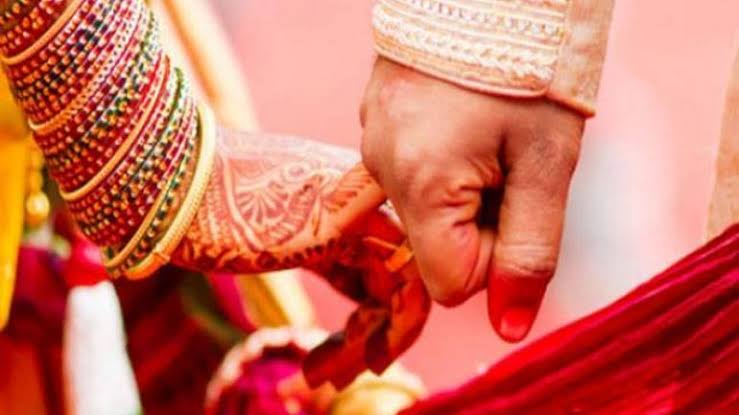Delhi High Court Upholds Constitutionality of Hindu Marriage Act's Sapinda Restrictions

Court stated that the sapinda restrictions within the HMA do not violate the constitutional right to equality and that the exception for customs is a measure that requires rigorous scrutiny and proof
The Delhi High Court has affirmed the constitutional validity of Section 5(V) of the Hindu Marriage Act (HMA), which prohibits marriages between individuals categorized as sapindas, extending up to the third generation through the mother and the fifth generation through the father.
The court dismissed the challenge to this provision raised by a woman whose marriage was declared null and void by a family court for violating the sapinda restrictions.
The division bench of Acting Chief Justice Manmohan and Justice Manmeet Pritam Singh Arora emphasized the necessity of regulating the choice of partners in marriage to prevent the legitimization of incestuous relationships.
Sapinda relationships are those where individuals are connected through ancestors, and the law aims to curb such unions to maintain societal norms. Section 5(V) of the HMA states that Hindus can marry unless they fall within the sapinda relationship, unless their custom permits such marriages.
The petitioner, aggrieved by a family court's decision annulling her marriage with a distant cousin, challenged the constitutional validity of the sapinda restrictions before the high court.
The petitioner argued that the courts had found both parties to be sapindas under Section 5(V) of the HMA, rendering their marriage null and void. However, the petitioner claimed that the provision violated Article 14 (equality before law) of the Constitution. The petitioner asserted that the provision was discriminatory as it allowed exceptions only for marriages based on customs having the force of law.
The court rejected these contentions, stating that the petitioner failed to present valid legal grounds to challenge the restriction.
The bench opined, "No tenable grounds in law for challenging the said impugned provision have been placed before this Court during arguments or pleaded in the petition."
The bench highlighted that the provision permits marriages between sapindas only if sanctioned by a valid and existing custom, which must be proven in court.
"The custom which permits marriage between persons who are sapindas of each other must fulfill the requirements of proof of a valid and existing custom as envisaged in impugned Section and under Section 3 (a) of the HMA Act, which defines the expressions 'custom' and 'usage'," the court explained.
The bench emphasized the need for stringent proof of the custom's existence, and it noted that the petitioner relied on parental consent, which, according to the court, cannot substitute a valid custom. It clarified that the exception provided by the section is limited to marriages based on customs with the force of law, and the existence of such customs is subject to judicial adjudication.
While dismissing the petitioner's challenge, the court underscored the importance of maintaining societal norms and preventing incestuous relationships. It affirmed that the sapinda restrictions within the HMA do not violate the constitutional right to equality and that the exception for customs is a measure that requires rigorous scrutiny and proof.
Case Title: Neetu Grover v. Union of India & Ors.
